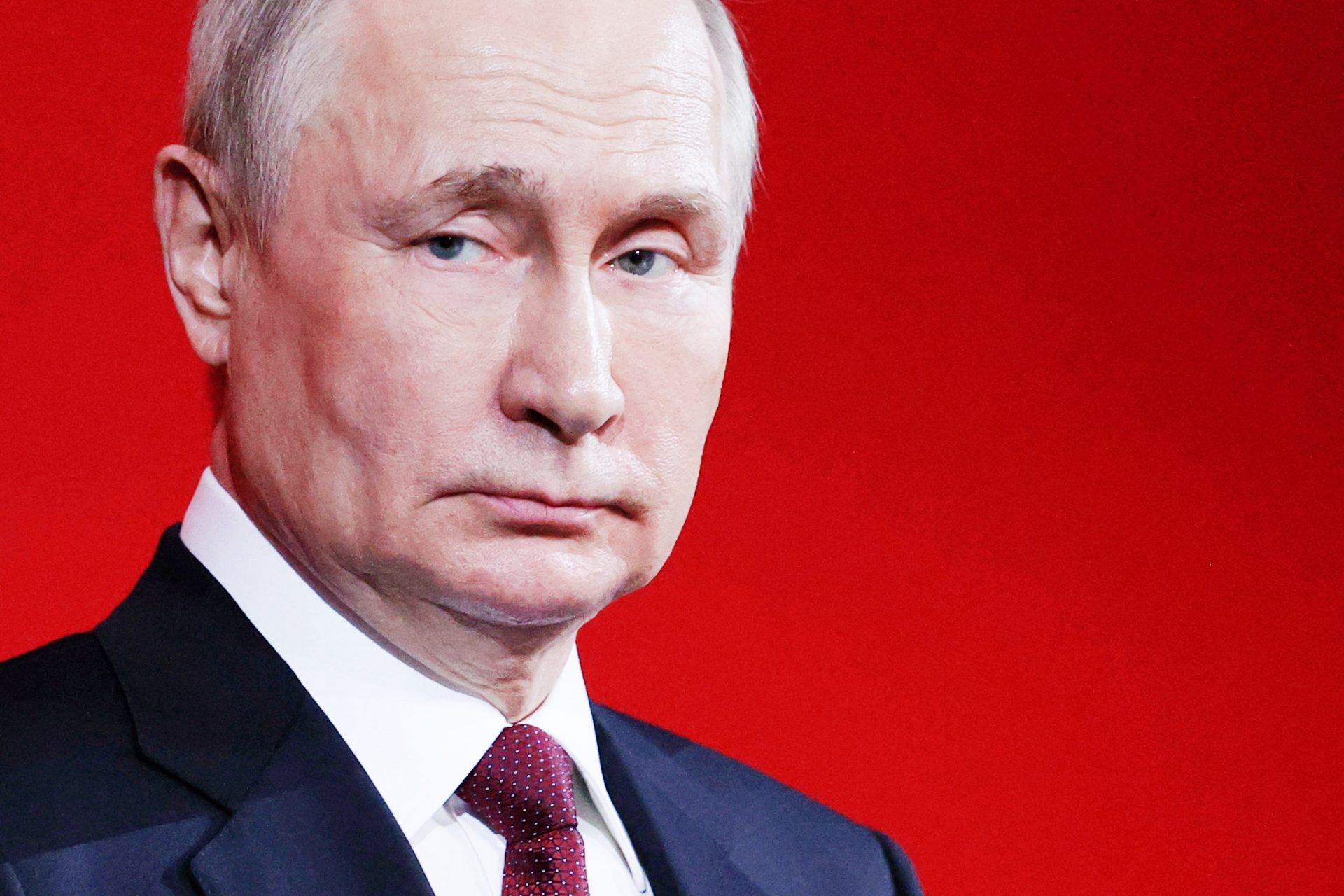Liz Truss: remembering her disastrous six weeks as Prime Minister
Liz Truss only spent six weeks as the United Kingdom's Prime Minister before she was forced to resign in disgrace after nearly causing a total collapse of the country's currency. But what happened and how did things go so wrong?
Liz Truss was elected leader of the Conservative party on Monday, September 5th after beating out front-runner and former Chancellor of the Exchequer, Rishi Sunak. Truss' victory was won with the support of the UK's right-wing party faithful who favored her day one tax cut proposals as well as her "anti-woke" and hardline Brexit political stances.
Boris Johnson tendered his resignation to Queen Elizabeth II at Balmoral on September 6th, and Truss was quickly received by the Queen and confirmed as the UK's new Prime Minister. In her first address from 10 Downing Street , Truss stated that her main priority was to “get Britain working again” with a bold plan to grow the economy through tax cuts.
Few political observers were surprised when Truss announced her new cabinet on September 7th. But many were worried about how Truss' political appointments would affect the country's economic policy.
Much of the ministerial roles were filled by Truss-party loyalists who backed her bid for leadership, and in her first Question Period, Truss reiterated her campaign promises to reduce taxes and immediately help households and businesses who were dealing with high energy costs — though she ruled out any windfall tax that might be levied against energy firms. Political commentators like Paul Johnson questioned the new government's ability to set effective economic policy with such unrealistic goals.
On September 8th, Truss' government announced a cap on domestic energy prices in the UK and the sacking of senior civil servant and Permanent Secretary to the Treasury, Tom Scholar. Although the price of introducing this new energy program was not shared, journalists and financial experts estimated that it would cost the government upwards of £115 Billion (around 130 billion USD) — a number many claimed could not be attained without the leadership and experience of Scholar.
Queen Elizabeth II died on September 8th at the age of 96, prompting an eleven-day period of mourning where little national politics were to be conducted.
On Friday, September 23rd, the Chancellor of the Exchequer—Britain's official title for Finance Minister—Kwasi Kwarteng presented his Growth Plan to parliament. Nicknamed the “mini-budget” by journalists, the plan introduced sweeping new tax cuts that the Chancellor believed would boost economic growth and generate increased government revenue without requiring increased spending cuts.
These policies included bringing forward the planned cut in the basic rate of income tax from 20% to 19%, the abolition of the 45% higher rate of income tax in England, Wales, and Northern Ireland, the reversal of the April 2022 increase in National Insurance, and the abolition of the proposed Health and Social Care Levy. The plan was immediately criticized for being unrealistic and out of touch with the UK's financial realities.
When financial markets opened on Monday, September 26th, market volatility surrounding the mini-budget caused the British Pound to plummet to near parity with US Dollar, reaching an all-time historical low. The cost of borrowing for the UK rose markedly amid the volatility and The Bank of England was forced to step in and prop up the UK's bond market to stem a more significant crisis that threatened to collapse the British economy.
Following the near collapse of the British economy on September 26th, Opposition Leader Sir Keir Starmer accused the Truss government of losing control of the British economy. Truss defended her government's tax cuts on September 29th, stating that they were needed “to improve growth levels in the economy.”
In an article published in The Sun on October 1st, Truss appealed to UK voters in an attempt to defend the mini-budget, stating that her government's tax plans were what was needed to right the UK economy, though it would include difficult short-term disruptions. She also promised to keep an “iron grip” on the nation's finances in an attempt to calm market volatility.
The day after Truss' appeal to voters in The Sun, an opinion poll by Redfield & Wilton Strategies found that the Labor party had developed a commanding lead over the Conservative party based on their disastrous economic policy.
On October 3rd, Kwasi Kwarteng announced a U-turn on the UK government's plan to cut the 45% tax rate on earnings above £172,000 ($194,000) a year, but the damage had already been done. The UK economy had lost £300 billion ($338 billion) in Truss' four weeks and Bloomberg was calling the country "uninvestable".
Just one day after announcing their U-turn on cutting the top tax rate, Truss came under fire for refusing to rule out cutting benefits to the UK's poorest in an interview with the BBC.
On October 11th, the UK government stated that renewable power companies in England and Wales would face what was effectively a “windfall tax” from early 2023 — breaking one of Truss' first Question Period promises.
On October 11th, The Bank of England confirmed that it intended to stop supporting the UK bond market on October 14th. This news caused the Pound to fail even further as pressure began to mount on the government as official UK figures also showed an unexpected decline in the nation's economy in August. Truss then stated that her government would not make cuts to public spending, but onlookers kept asking how the government would plug the gaps in its public finances.
Financial leaders from across the Western world criticized the UK's economic plans at a meeting in Washington on October 13th. Attended by Kwarteng and the Bank of England Governor, Andrew Bailey, Kwarteng was publicly questioned about his position as Chancellor and was later unexpectedly recalled to London where the Prime Minister was holding talks with unhappy MPs.
Kwarteng was fired upon his return to London on October 14th and was replaced by former Health and Foreign Secretary, Jeremy Hunt. Truss appeared before reporters and announced another U-turn on plans to scrap a rise in the corporation tax.
Truss called a strategy meeting with her cabinet ministers on October 17th as several of her key Conservative allies began to abandon her over her failed policy goals.
On October 20th, Truss' 45th day in office, she resigned as Prime Minister after failing to deliver on her promises to her Conservative Party supporters.
Four days after Truss resigned, Rishi Sunak was elected by his peers in the House of Commons and became the new Prime Minister of the United Kingdom.
More for you
Top Stories


































